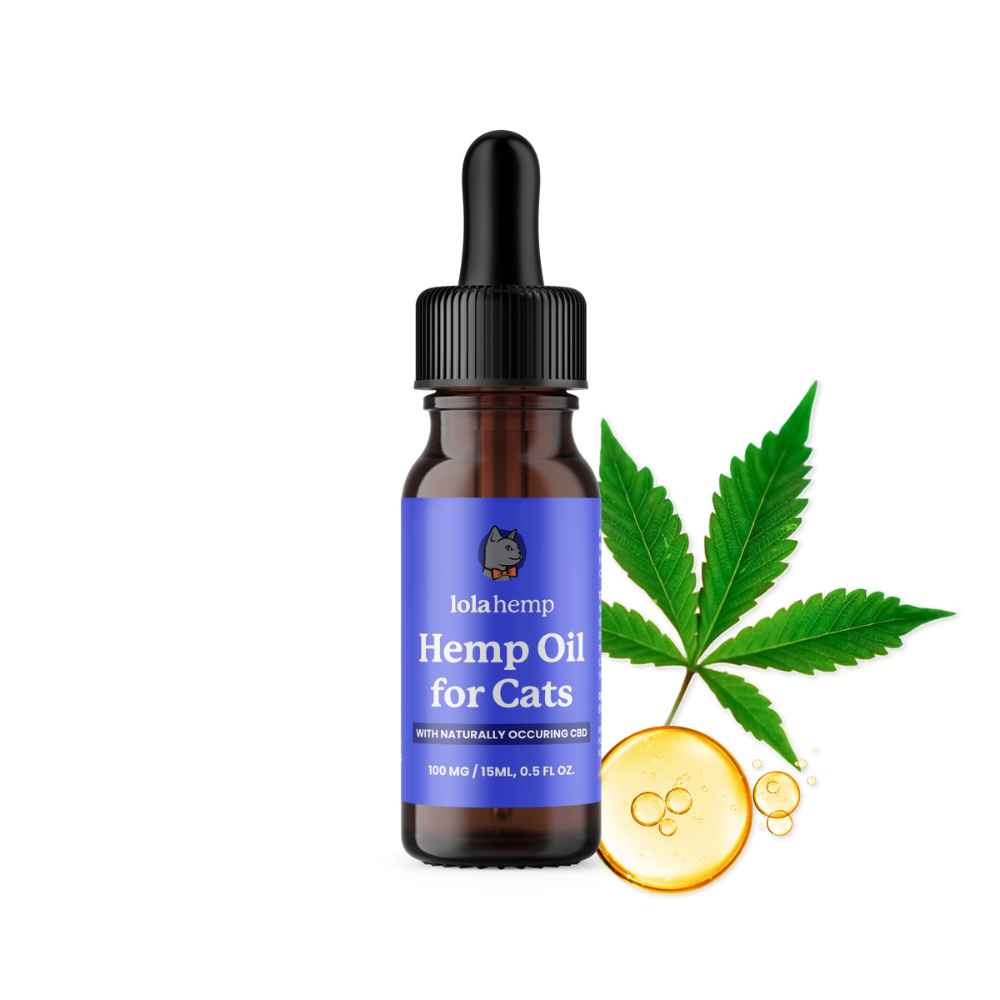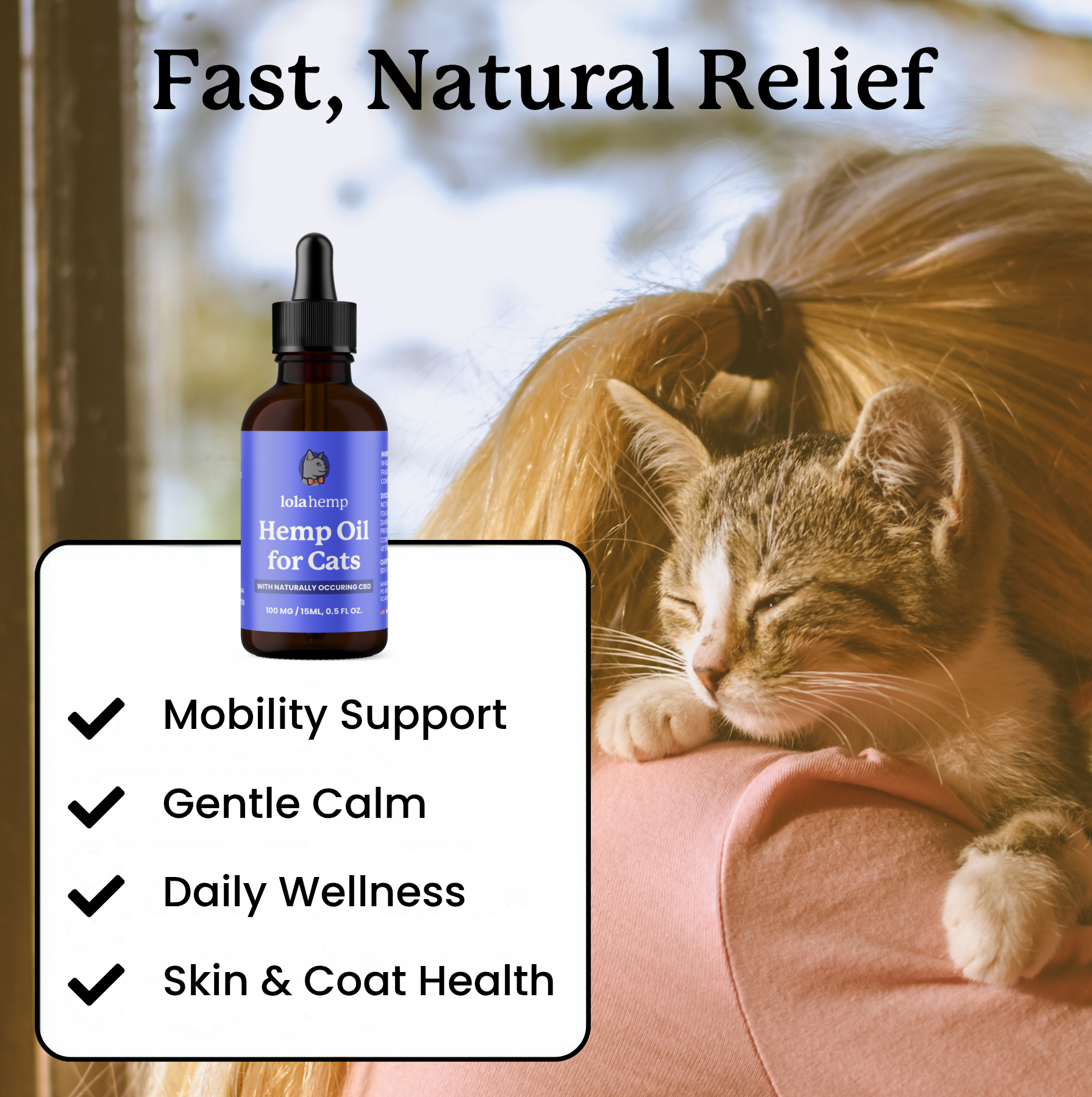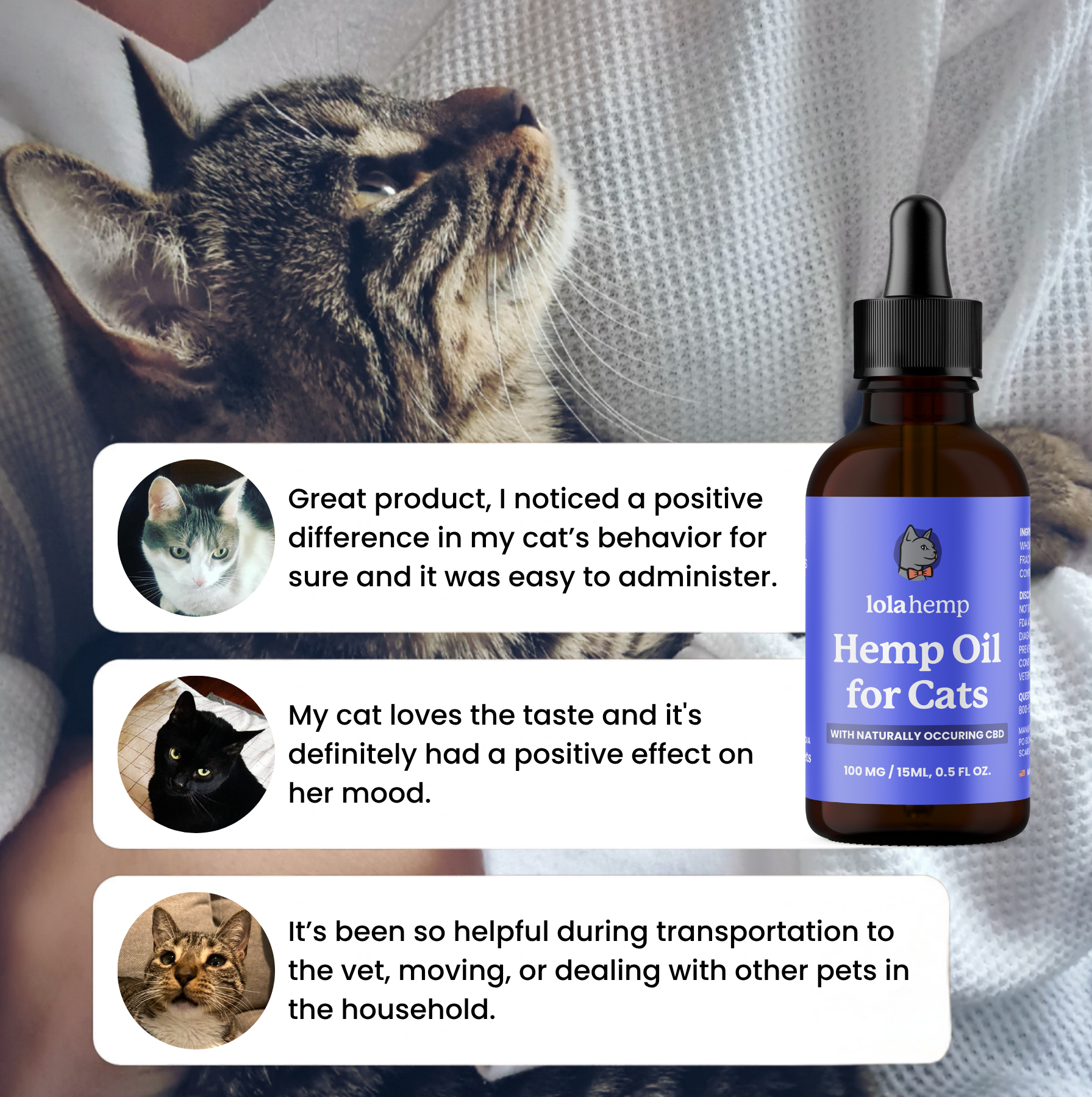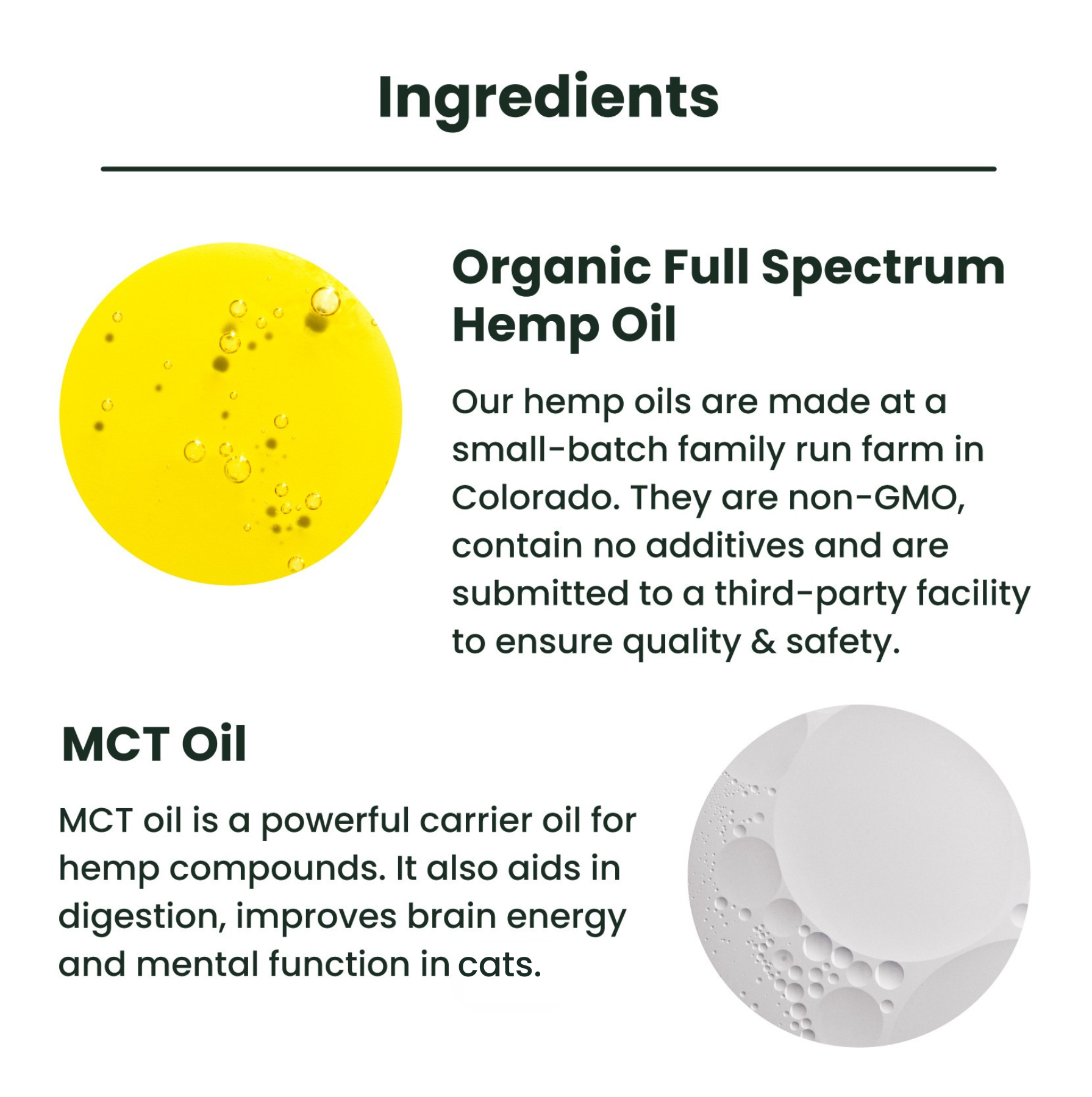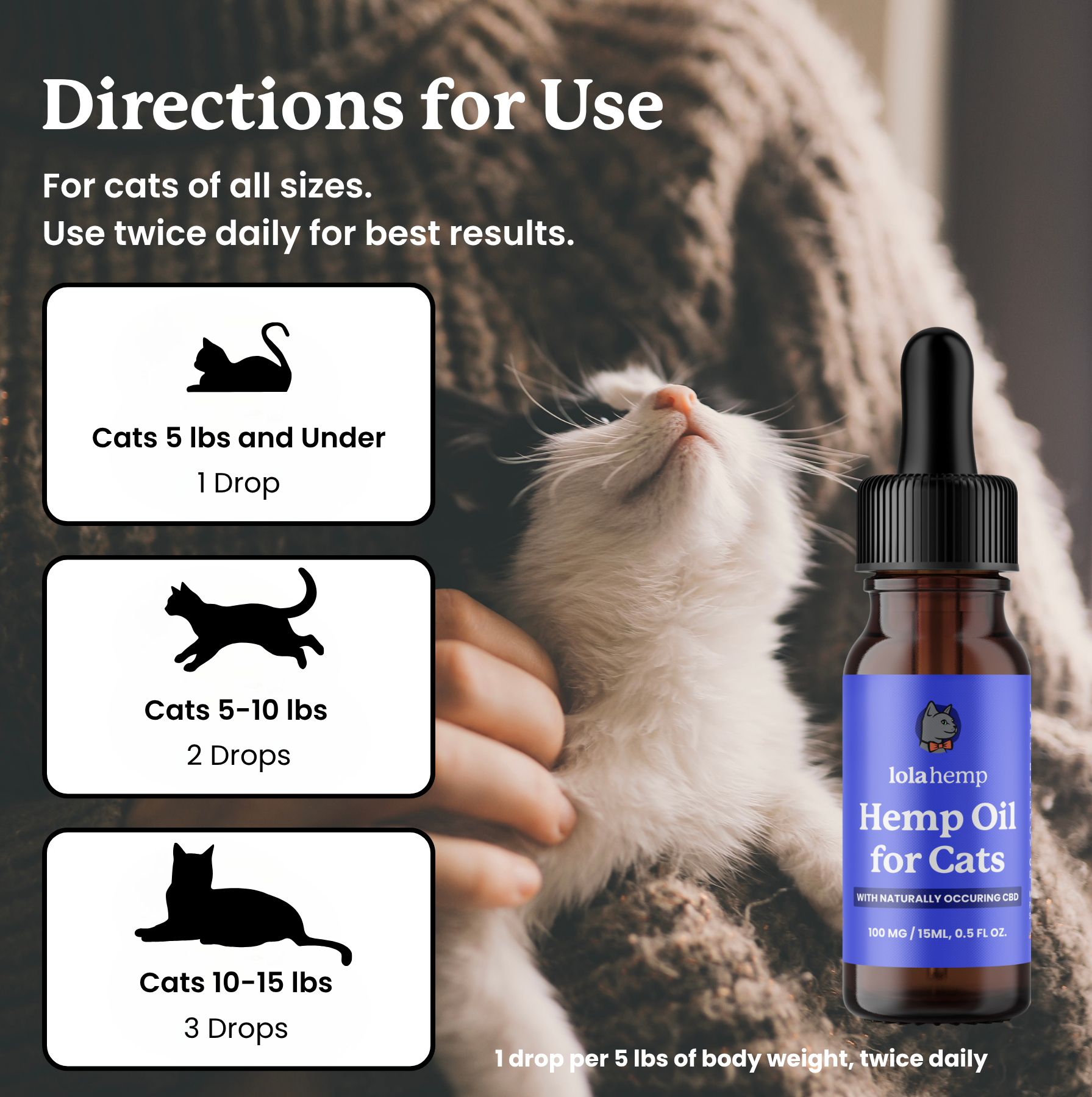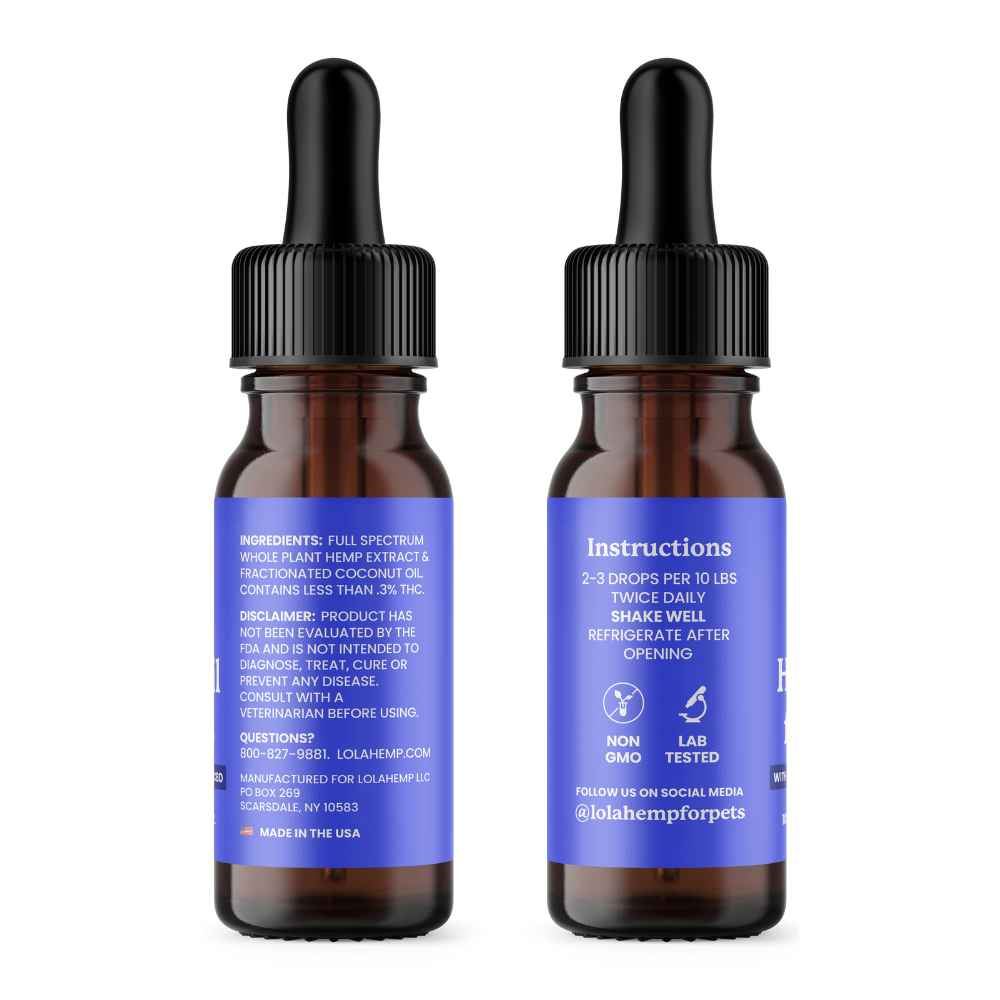Valerian and cats can make an excellent pair, so long as you use cat-approved dosages. Interestingly, some cats are stimulated by valerian and others are calmed by it.
In this way, it's similar to catnip. This article gives feline owners an overview of valerian root for cats, covering key things to know as well as helpful alternatives to valerian for cats if you're not sure you want to give your cat valerian.
Let's get started.
- Should You Use Valerian Root for Cats?
- What is Valerian for Use in Cats?
- What are The Benefits of Valerian for Cats?
- How Does Valerian Calm Cats?
- What are The Side Effects of Too Much Valerian in Cats?
- How Can I Give My Cat Valerian?
- What are Alternatives to Valerian for Cats?
- Conclusion
- Valerian for Cats – Frequently Asked Questions
Should You Use Valerian Root for Cats?
You can use valerian root either as an exciting supplement for your cat or as a calming agent. The trouble is, it depends on the cat so you have to find out for yourself.
Valerian is safe for cats so long as you use a cat-formulated product. Don't go picking valerian and sprinkling it into your cat's food bowl, as this could be harmful.
So, if you'd like your cat to perk up, valerian could be the right choice. If you'd like your cat to chill out, valerian could also be the right choice.
In either case, you can rest easy knowing that it's safe to use so long as your veterinarian gives you the go-ahead.
What is Valerian for Use in Cats?
Valerian (Valeriana officinalis) is a flowering perennial plant, traditionally known for its calming effects. The root is primarily responsible for these soothing properties.
Valerian products for cats typically contain the root in extract or powdered form to promote relaxation or help manage stress in cats. Always ensure the product is designed specifically for pets.
What are The Benefits of Valerian for Cats?
Valerian root offers various benefits for cats, particularly its ability to promote calmness. For anxious cats, valerian may provide a natural alternative to chemical medications. However, valerian’s effects can be unpredictable—some cats relax, while others become stimulated.
This makes it a versatile option, but it’s essential to monitor your cat’s response. Always consult your vet before adding valerian to their routine.
How Does Valerian Calm Cats?
Valerian root contains several compounds thought to contribute to its calming effects in cats. The main compounds include:
- Valerenic acid – Believed to enhance GABA activity, a neurotransmitter that regulates nerve signals and reduces anxiety.
- Valepotriates – Thought to have mild sedative properties that promote relaxation.
- Isovaleric acid – May influence the central nervous system, adding to valerian’s soothing effects.
Together, these compounds may reduce excitability and stress in cats, helping them feel more at ease during periods of separation or around common triggers. Effects vary between cats, and some may experience stimulation instead of calmness.

What are The Side Effects of Too Much Valerian in Cats?
Excessive use of valerian in cats can lead to several side effects:
- Digestive Upset: Mild stomach issues such as vomiting or diarrhea.
- Drowsiness: Too much may cause sleepiness or lethargy.
- Dizziness or Disorientation: Cats may appear uncoordinated or off balance.
- Behavioral Changes: Some may seem overly relaxed or withdrawn.
Use valerian responsibly and consult your vet, especially for senior cats or those with underlying health issues.
How Can I Give My Cat Valerian?
The best way to give valerian to your cat is through a pet-formulated calming product. Avoid human-grade valerian, as it may be too potent. If you plan to make a valerian tea or tincture, confirm safety and dosage with your veterinarian first.
What are Alternatives to Valerian for Cats?
Since valerian can have opposite effects depending on the cat, here are two alternatives:
Catnip for Exciting Cats
Catnip can improve a cat’s mood, offering a burst of playful, uplifting energy. It’s not a treatment for chronic behavioral issues but can help stimulate a happier mood temporarily.
CBD Oil for Relaxing Cats
CBD oil may promote calmness without sedation by working on the endocannabinoid system. Many pet owners prefer CBD as a natural and predictable relaxation option.
Conclusion
Valerian can offer natural support for cats dealing with anxiety or stress, though reactions vary widely. Monitor your cat closely and always consult your veterinarian before introducing valerian, particularly for senior cats or those with medical concerns.
If you'd like to learn more about CBD oil for cats, Lolahemp offers extensive resources. Our vet-formulated CBD oils for cats and dogs are created to support calmness, mobility, and overall wellness.
Valerian for Cats – Frequently Asked Questions
Is valerian safe for cats?
Valerian is generally safe for cats when used in pet-formulated products and appropriate dosages. Always consult your veterinarian.
Why do some cats get excited from valerian?
Valerian interacts differently with each cat’s nervous system. Some experience stimulation similar to catnip, while others feel relaxed.
Can valerian calm anxious cats?
Yes, valerian may help reduce stress and promote calmness, though individual responses vary.
What are alternatives to valerian for cats?
Catnip can stimulate playful excitement, while CBD oil may offer safe, natural calming effects.

